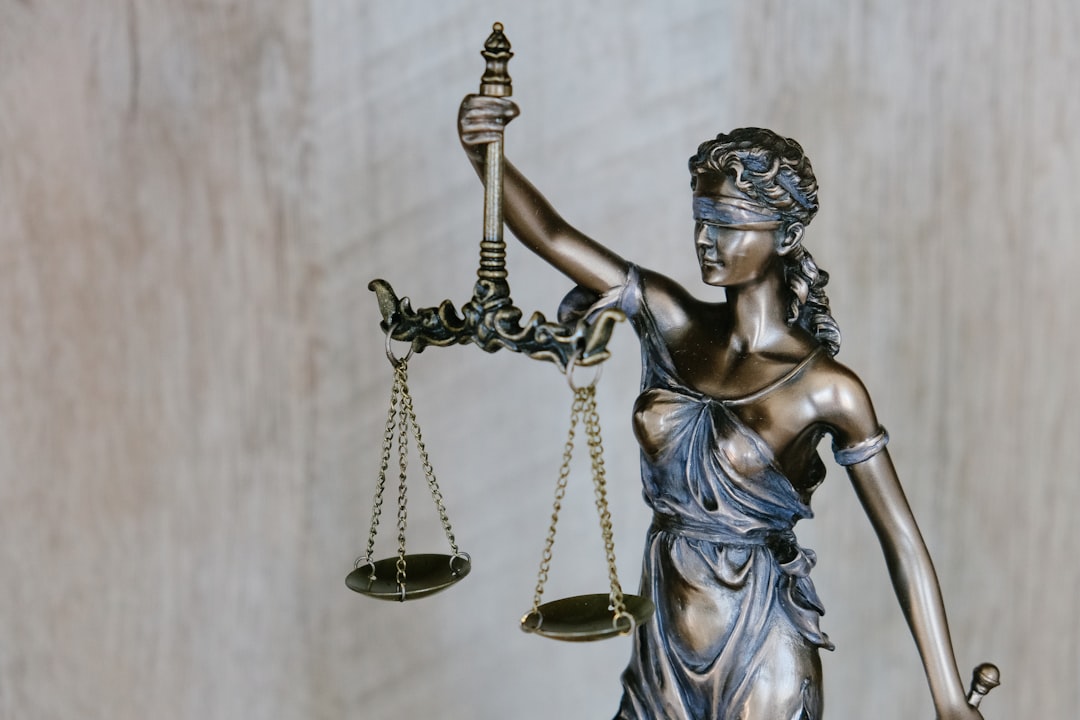In New Brunswick, sexual assault cases require prompt legal action by victims, emphasizing immediate reporting for admissible evidence like medical records, police reports, and witness statements. Strict protocols govern documenting and preserving digital and physical evidence, with sexual assault lawyers in New Jersey relying on thorough documentation, including SANE exams and detailed testimonies from all parties involved to build a strong case.
In New Brunswick, gathering robust evidence is pivotal for sexual abuse cases. This comprehensive guide navigates the legal landscape for sexual assault lawyers, offering insights on crucial steps to ensure justice. We explore the requirements for evidence collection, emphasizing the importance of prompt action. From physical and medical records to witness testimonies and documentation, each element plays a vital role in building a compelling case. Understanding these procedures is essential for victims seeking redress and for legal professionals advocating on their behalf.
Understanding Legal Requirements for Evidence in New Brunswick
In New Brunswick, gathering evidence for a sexual abuse case is governed by specific legal requirements designed to protect victims and ensure justice. It’s crucial to understand these guidelines when pursuing a claim. Sexual assault lawyers in New Jersey often emphasize the importance of prompt action; reporting the incident to authorities as soon as possible can preserve vital evidence. This includes medical records, police reports, and witness statements, all of which are admissible in court.
Legal professionals in this field also stress the need for thorough documentation, such as taking detailed notes on what happened, including dates, locations, and any available descriptions of the perpetrator’s appearance or behavior. Digital evidence, like text messages or social media posts, can also be crucial. New Brunswick laws permit the use of these materials to support a case; however, their admissibility may depend on certain conditions, such as ensuring they haven’t been altered or tampered with.
Gathering Physical and Medical Evidence After an Assault
After a sexual assault, gathering physical and medical evidence is crucial for any potential legal case in New Brunswick. It’s essential to preserve all evidence that can support your claim, including any injuries sustained during the assault. This may include seeking immediate medical attention where possible, as healthcare professionals are trained to document and collect evidence such as swelling, bruises, or other physical marks.
Additionally, a sexual assault nurse examiner (SANE) can be invaluable in this process. These specialized nurses have the training and equipment to collect and preserve evidence like bodily fluids, hair, or clothing fibers that may later be analyzed by forensic experts. Documentation of any injuries or unusual findings should also be detailed, as these can serve as critical pieces of evidence when consulting with sexual assault lawyers in New Jersey.
Documenting Testimonies and Supporting Documentation for Court
When building a case for sexual abuse in New Brunswick, documenting testimonies and gathering supporting documentation are crucial steps. It’s essential to collect detailed accounts from all involved parties, including victims, witnesses, and relevant experts. Encourage individuals to provide written statements detailing their experiences, including dates, locations, and specific details of the incident(s). Video recordings, audio interviews, or notes taken during initial discussions can serve as valuable evidence, ensuring the accuracy of memories.
In preparation for court, organize all documentation meticulously. This may include medical records, police reports, counseling session notes, and any other relevant documents that support the case. Sexual assault lawyers in New Jersey often rely on these comprehensive records to build a strong legal strategy. Each piece of evidence should be labelled, dated, and stored securely to maintain its integrity and ensure it can be effectively presented during legal proceedings.




